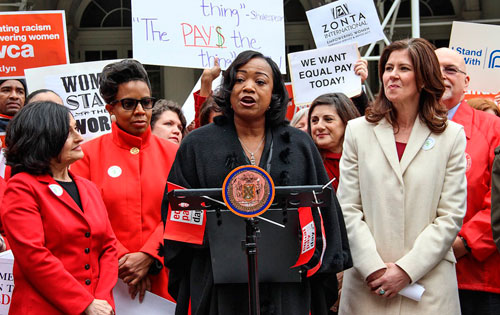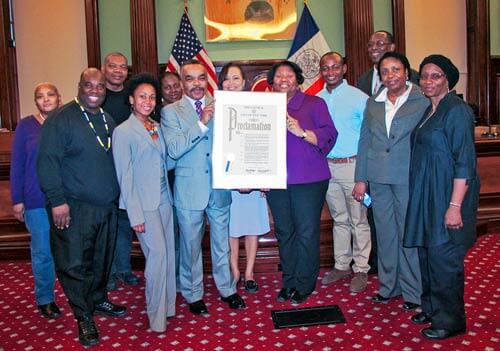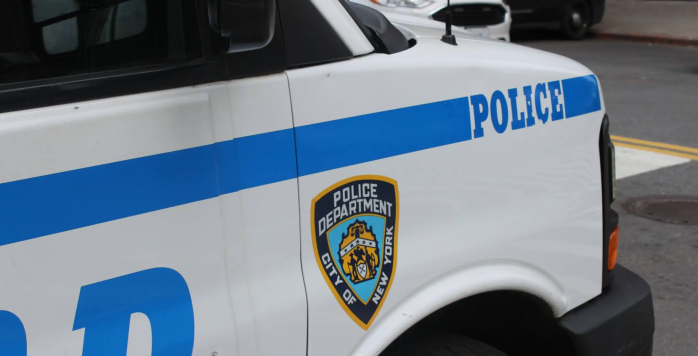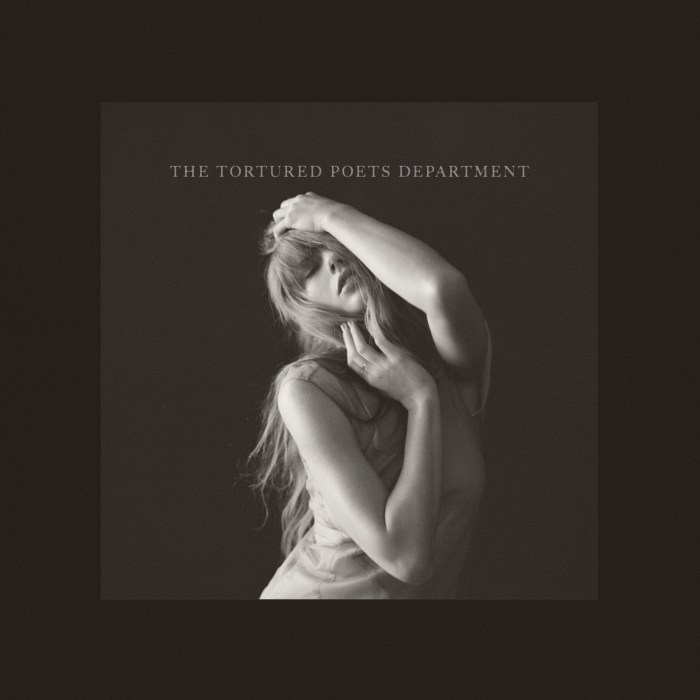It was a cold soggy March 8, International Women’s Day, with an early spring snowstorm bearing down on New York City. At City Hall that morning, the feeling was the quite the opposite. Representatives of dozens of women’s organizations from every ethnic persuasion, organizations protecting domestic violence victims, reproductive health organizations, and organizations working on legal rights or legislative actions joined in joyous solidarity city and federal elected women officials– current and former–calling for action.
Moving from the streets that held years of Women’s Day marches on this day, women came together at a symbol of legislative power–City Hall– to support the Women’s Equality Agenda, spearheaded by Governor Cuomo.
Council Member Jessica Lappin carried the morning forward. “While some states, like Arkansas are moving backwards on women’ rights, it’s wonderful that Governor Cuomo is moving New York forward,” she said.
Specifically, the governor’s 10-point proposal will: achieve pay equity, end sexual harassment in all workplaces, permit the recovery of attorneys’ fees in employment and credit and lending cases, toughen human trafficking laws, end family status discrimination, end housing discrimination for domestic violence victims, stop discrimination against pregnant women, protect domestication violence victims by strengthening order-of protection laws, and protect reproductive health care decisions.
New York State has a history in the area of women’s rights. The Seneca Falls convention in July 1848 was the first women’s rights convention to be organized in the Western world, organized by Quakers and non-Quaker Elizabeth Cady Stanton. A woman’s right to vote was one of the hotly debated topics, eventually added to their Declaration of Sentiments, which was used as a foundation in the U.S. women’s suffrage movement.


















